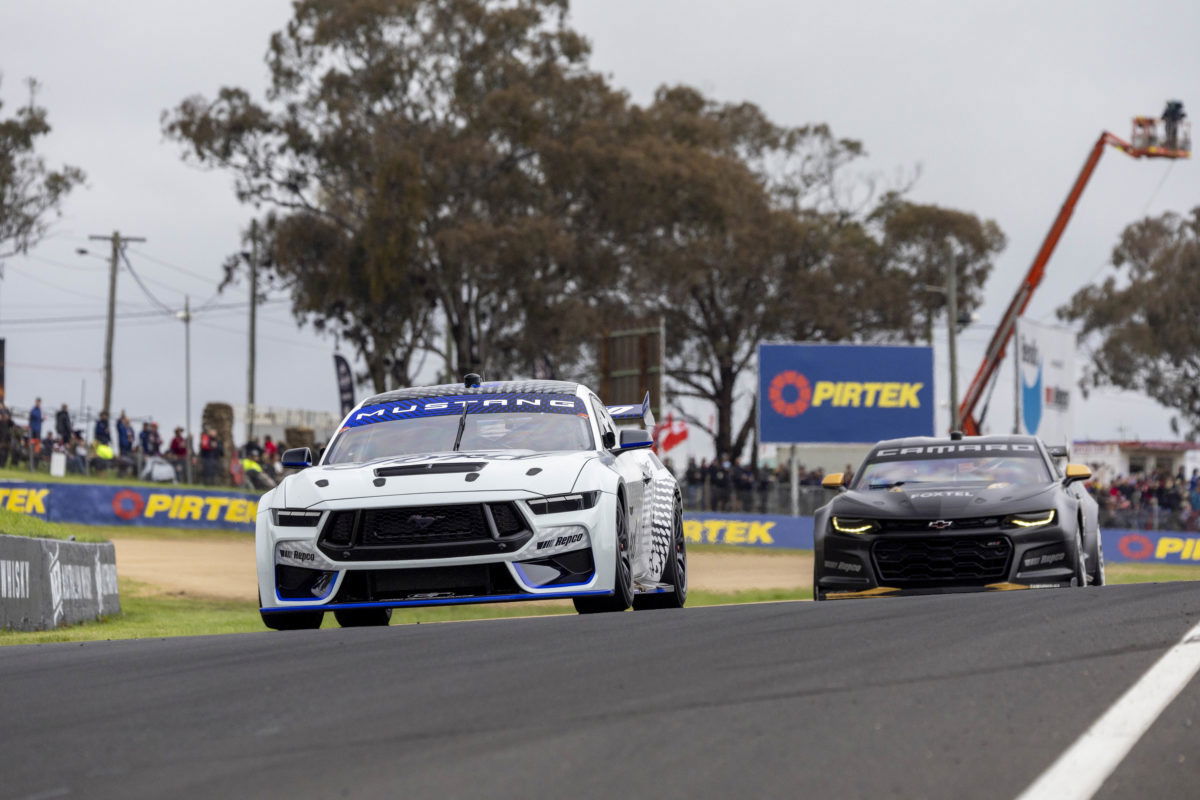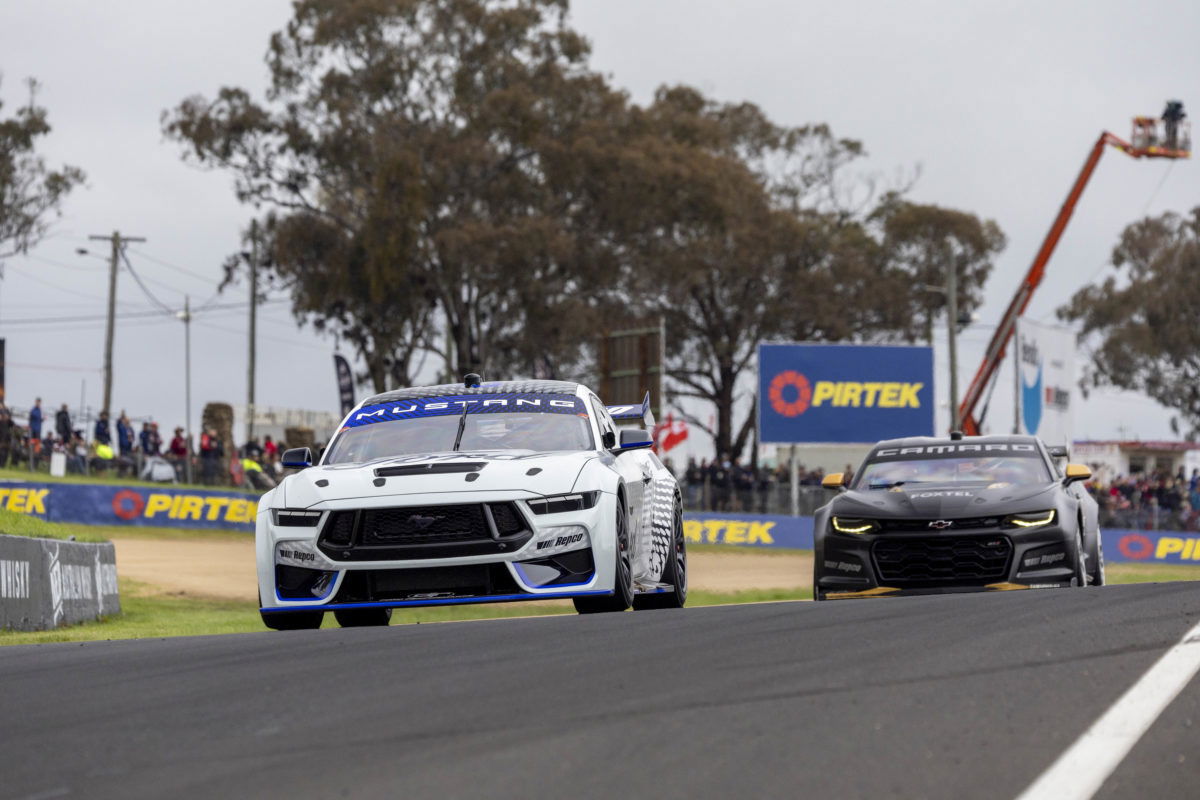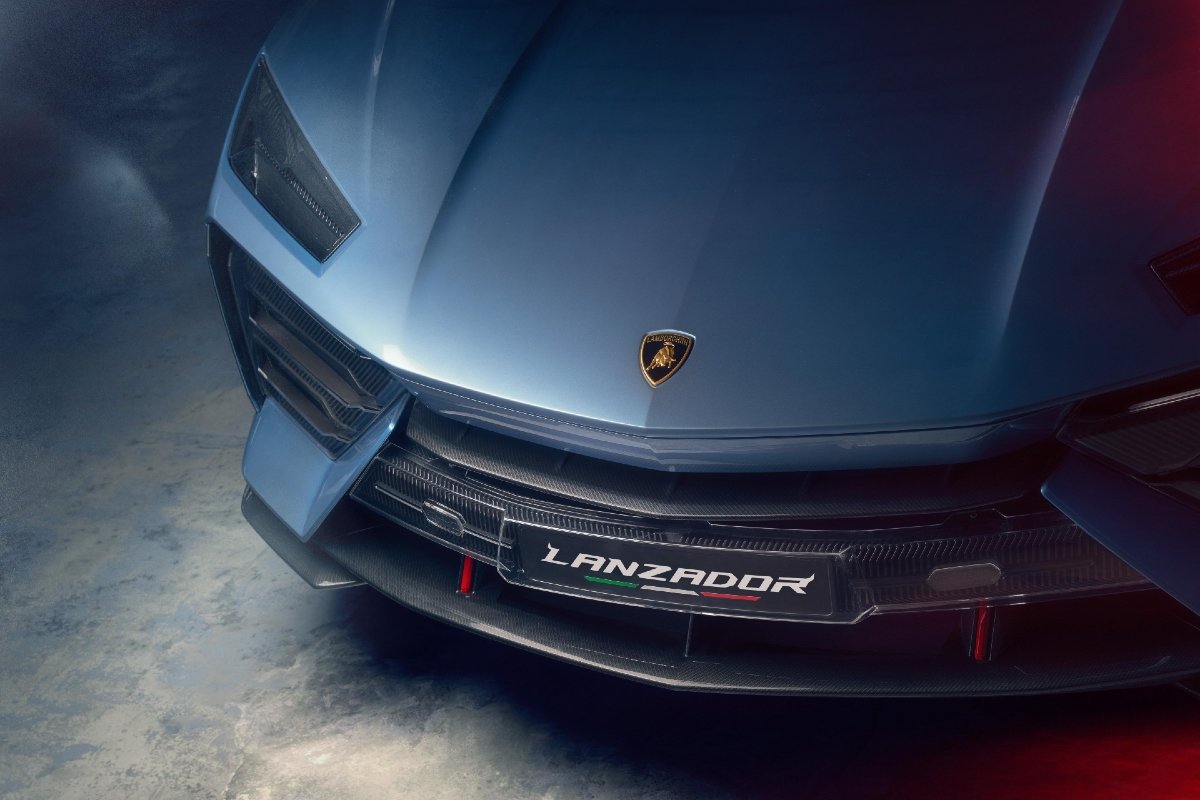

RYCO will supply filters in an official capacity for the Repco Supercars Championship in 2023.
The announcement comes off the back of RYCO’s involvement in developing oil, air, and fuel filters in collaboration with Supercars engine builders and race teams for the Gen3 Ford Mustang and Chevrolet Camaro set to debut next year.
“We now supply the control part which I don’t believe is typical for a series that you make filters a control part,” Alastair Hampton, Ryco General Manager of Engineering and Innovation, told Speedcafe.com
“It’ll be a great moment to see a whole race series with every car running our filters; it’s going to be awesome.”
Head of Motorsport at Supercars Adrian Burgess praised RYCO’s involvement in the project.
“RYCO’s innovative, world-first filtration technology will enable the Gen3 series the best chance of ensuring engine mileage and as a result will significantly improve sustained race performance for teams,” Burgess added.
Hampton said the company’s involvement in the Gen3 project stemmed from its existing relationships with Supercars teams.
“We were doing a little bit of work with some of the existing Gen2 teams,” he explained.
“Having worked a bit with Erebus and now we work with Tickford, we came to understand that a lot of the filtration products they were using on their engines in Gen2 cars weren’t terribly high tech.
“We could see the Gen3 programme coming up and you know, we heard through our discussions with Supercars, their desire was to reduce costs of running a team. Part of that cost reduction would come through cheaper engines, but also fewer rebuilds.
“Supercars had a strong desire to have engines that could go up to 10,000 kilometres with no [major] rebuilds, which was right in line with the development we were doing at the time.
“We were looking at how we could get racing engines to last longer, and also not just last longer in the sense of not needing to be rebuilt as often but lasting longer in making good power through the season.”
The RYCO oil filter for Gen3 consists of a 100 percent synthetic media for fine-micron filtration, while for the fuel filter, rolled element fine-micron media is used.
The air filter uses a hydrophobic nanofibre-coated material with unique honeycomb construction.
The control parts will feature in all entries and follows months of development and testing.




















Discussion about this post